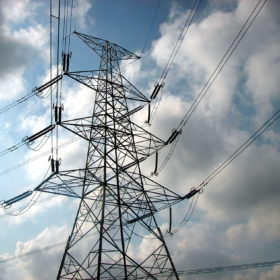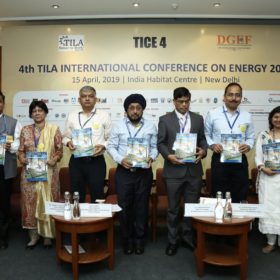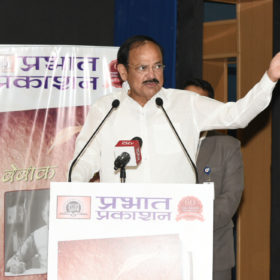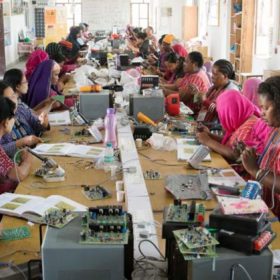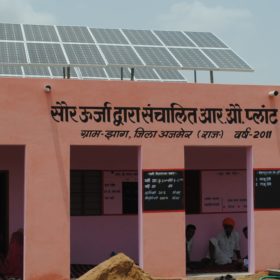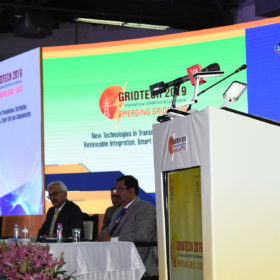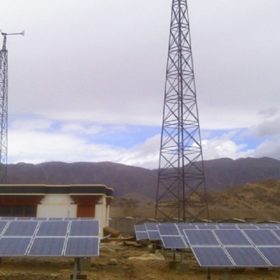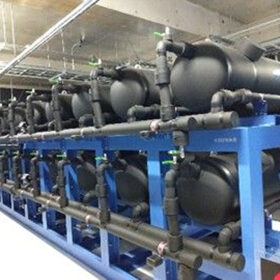India will add 144 GW renewables by 2022, exceed 275 GW by 2027: IEEFA
Given the existing trajectory of wind, solar and other renewable sources, India will reach 144 GW renewable energy capacity by FY2021-22—not far from the aspirational 175 GW target set back in 2015. This places India on track for exceeding its 275 GW target in 2027.
The prospects for solar after the Assembly elections
Narendra Modi’s BJP party is seeking re-election with the aim of ensuring the electrification of all railways by 2022 and turning renewable energy into a popular movement with steps including an emphasis on solar farming. Even if the elections spring a surprise, however, the renewable momentum is unlikely to slow as no government can afford to roll back the clean power tide.
Making “Right to Energy” possible
Themed around “Right to Energy,” the 4th TILA International Conference on Energy (TICE 4) held recently in New Delhi aimed to accelerate the pace of energy revolution through intensive deliberations and concerted initiatives among countries. Well attended by over 400 delegates, the international event highlighted that energy is going to be the next big revolution after telecom.
Asian countries must promote clean technology – vice president Naidu
Asia is home to more than 60% of the world’s population, about half of whom live in cities and towns. With climate change being largely driven by urban centers, Vice President Naidu called upon governments across the continent to build climate resilient communities.
India and Madagascar’s Barefoot solar connection
An Indian non-profit and a global conservation charity have joined forces to bring solar lighting and heating to off-grid rural areas in Africa – and they are doing it with an army of middle-aged women: the ‘Solar Mamas’.
India takes to solar-powered desalination
A 10,000-liters-per-day plant in Tamil Nadu offers hope for powering clean water without fossil fuels. However, researchers warn the technology is difficult to scale up because PV panels take up so much space.
Vice President Naidu stresses on solar cities, smart grids, and EVs
India needs to adopt renewable energy and electric vehicles in a big way to meet the twin goals of energy security and climate protection.
China, USA and India propel energy demand by 70%: IEA
Global energy consumption in 2018 grew by 2.3%. Electricity demand rose by 4%, nearly twice as fast as overall energy demand. China accounted for over 40% of the growth in renewable-based electricity generation, followed by Europe (25%). The United States and India together contributed another 13%.
Concessional finance can make solar and batteries cost-competitive faster: BNEF
The higher the cost of a technology, the greater the potential impact concessional finance can make. For a lithium-ion battery project, reducing capital costs by even one percentage point can reduce energy generation costs by $10/MWh.
Will solar power take root in India’s smallest state?
Subsidies from central and state bodies will help photovoltaics get within reach of similarly sponsored conventional electricity, which begs the question, why not remove subsidies for both?
